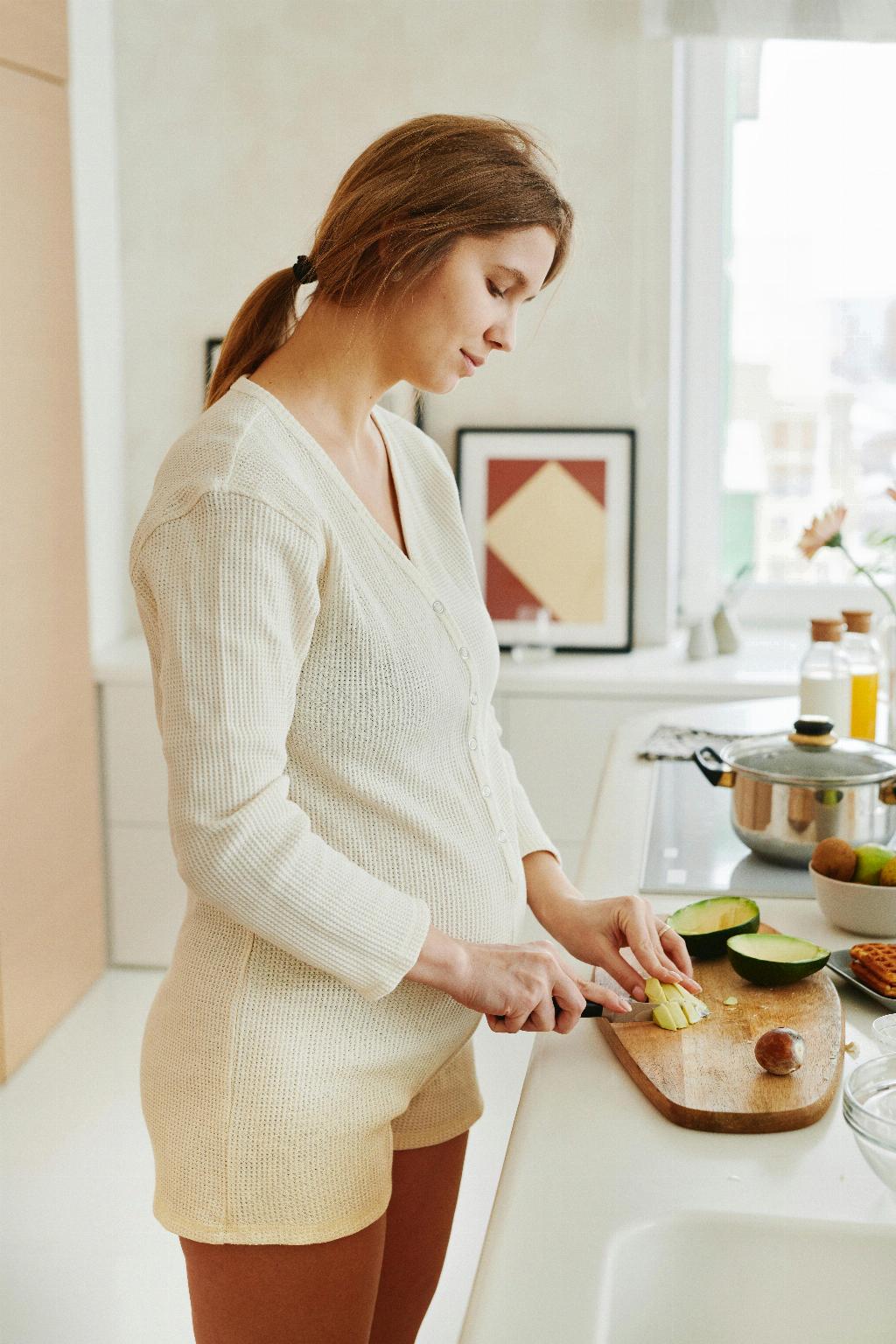If you’ve ever noticed that your stool is a different color than usual, particularly green, it can be quite alarming. However, green stool can actually be caused by various factors, many of which are completely harmless.
Food Moving Quickly Through the Large Intestine
One common cause of green stool is when food moves through the large intestine too quickly. This can happen when you experience diarrhea, which means that the bile in your stool doesn’t have enough time to break down completely, resulting in green-colored stool.
Consumption of Green Leafy Vegetables
If you’ve been eating a lot of green leafy vegetables like spinach, kale, or broccoli, this could also be the reason behind your green stool. These foods contain chlorophyll, a green pigment that can sometimes pass through your system without being fully digested.
Intake of Green Food Coloring
Another possible culprit for green stool is the consumption of green food coloring, often found in flavored drink mixes, ice pops, or certain candies. While harmless, this coloring agent can sometimes tint your stool green upon digestion.
Iron Supplements
If you are taking iron supplements, particularly those with a higher dosage, it could be contributing to the green hue of your stool. Iron supplements can sometimes cause changes in stool color, leading to a greenish tinge.
Lack of Bile in Stool
In some cases, green stool may be an indication of a lack of bile in your stool. Bile, produced by the liver, is typically responsible for giving stool its brown color. If there is a lack of bile present, your stool may appear green instead.
Monitoring Your Symptoms
If you notice green stool, it’s essential to monitor any accompanying symptoms you may be experiencing. If you have other concerning symptoms such as abdominal pain, fever, or changes in bowel habits, it’s advisable to consult a healthcare professional for further evaluation.
Hydration and Dietary Changes
Ensure you stay hydrated and make dietary changes such as incorporating more fiber-rich foods to help regulate bowel movements and potentially reduce the occurrence of green stool. These simple adjustments can often make a significant difference.
When to Seek Medical Advice
If your green stool persists for an extended period or is accompanied by severe symptoms, it’s crucial to seek medical advice promptly. While often benign, changes in stool color can sometimes indicate underlying health issues that require medical attention.
Conclusion
In conclusion, while green stool can be alarming, it is usually caused by harmless factors such as food choices, food coloring, or dietary supplements. By paying attention to your diet, monitoring symptoms, and seeking medical advice when necessary, you can better understand what may be causing your green stool and address any potential concerns effectively.

